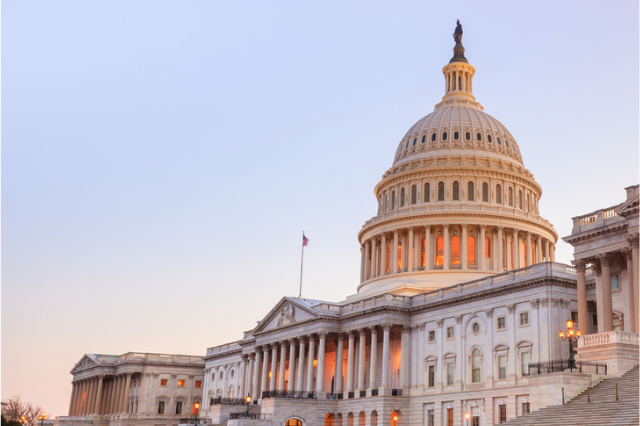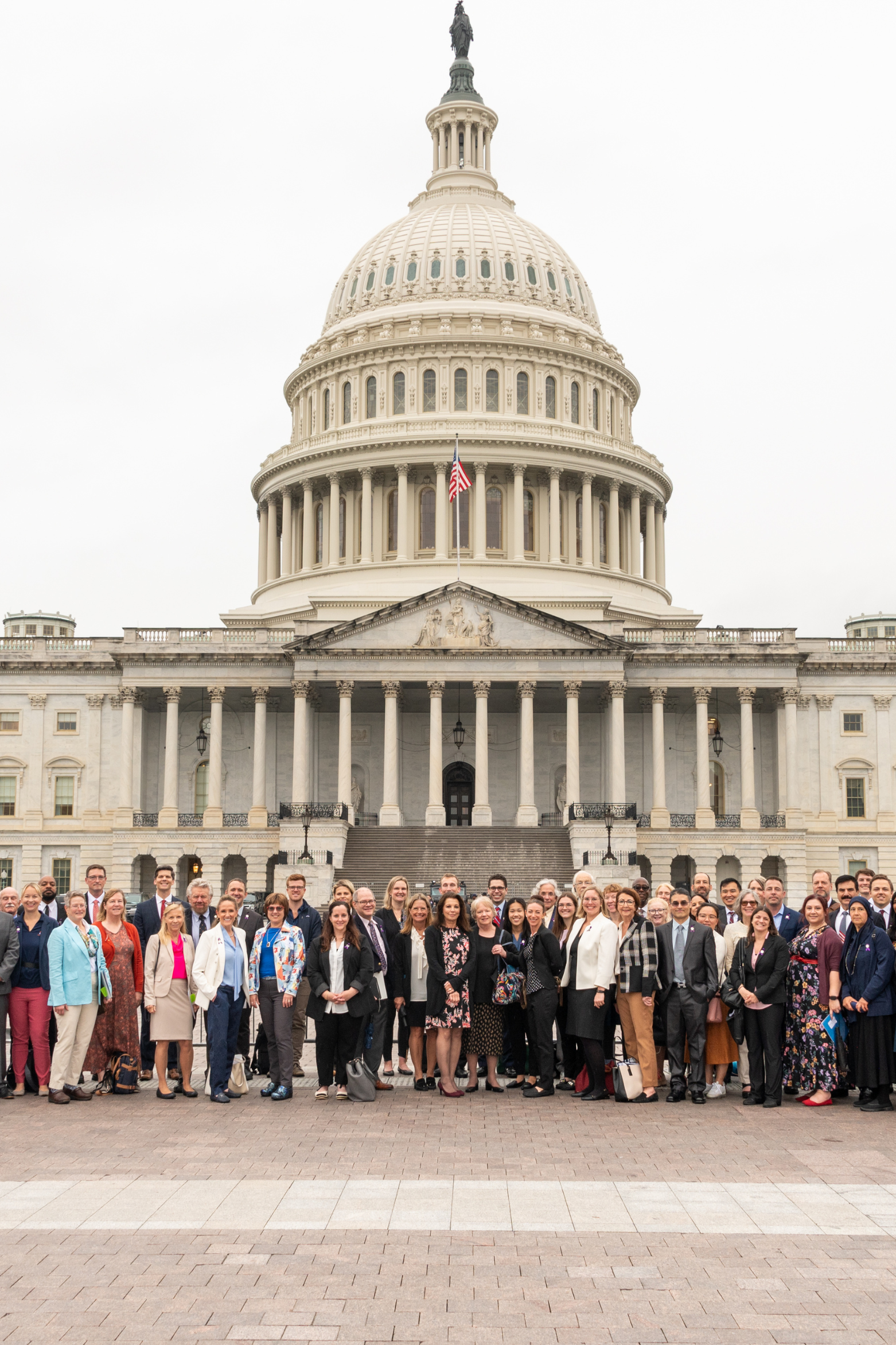National Advocacy
2024 Advocacy Impact Report
A National Response to a Deadly Crisis: Supporting Full-Spectrum Addiction Care
Download Report
ASAM’s 2024 advocacy efforts focused on championing meaningful health policy reforms to improve and expand access to lifesaving addiction treatments, strengthen the addiction medicine workforce, and ensure appropriate coverage of, and reimbursement for, evidence-based care.
The 2024 Advocacy Impact Report includes highlights from ASAM’s advocacy portfolio, including national and state legislative wins, impactful coalition letters that united hundreds of stakeholders to advocate for addiction policy reforms, three new public policy statements that outline recommendations to overcome evolving challenges in addiction medicine, and more.
Download the full report here.
2024 Advocacy by the Numbers
- 155 ASAM member meetings with Capitol Hill offices
- 100+ addiction medicine advocates on Capitol Hill
- 75 new co-sponsors on priority legislation:
- In partnership with hundreds of fellow advocacy organizations, ASAM signed onto 18 coalition letters sent to Congressional and regulatory leaders that called for policy reforms to improve and expand care for addiction and substance use disorders (SUDs)
- 3 new policy statements addressing emerging issues in addiction:
- 2,400+ emails sent by advocates to Members of Congress urging them to advance key legislation to combat the addiction and overdose crisis
- 7 state bills improving addiction care signed into law with the support of their respective ASAM State Chapters
Advocacy Wins
Successfully raised awareness of dangerous gaps in Medicare coverage for SUD, leading to the introduction of the Residential Recovery for Seniors Act.
Successfully advocated for an extension of telemedicine prescribing flexibilities for the initiation of Schedule III-V lifesaving addiction medicines, including buprenorphine. ASAM continues to call upon Congress to make these flexibilities permanent through legislation.
Accelerated national conversations around expanding patient access to evidence-based treatments for opioid use disorder (OUD), including methadone.
Successfully advocated for the enactment of important Medicaid measures requiring state programs to cover all forms of medications for the treatment of OUD along with counseling services and behavioral therapy and prohibiting States from terminating Medicaid enrollment based on incarceration, beginning January 1, 2026.
Successfully urged HHS to narrow Medicare’s custody definition, thereby expanding access to care.

